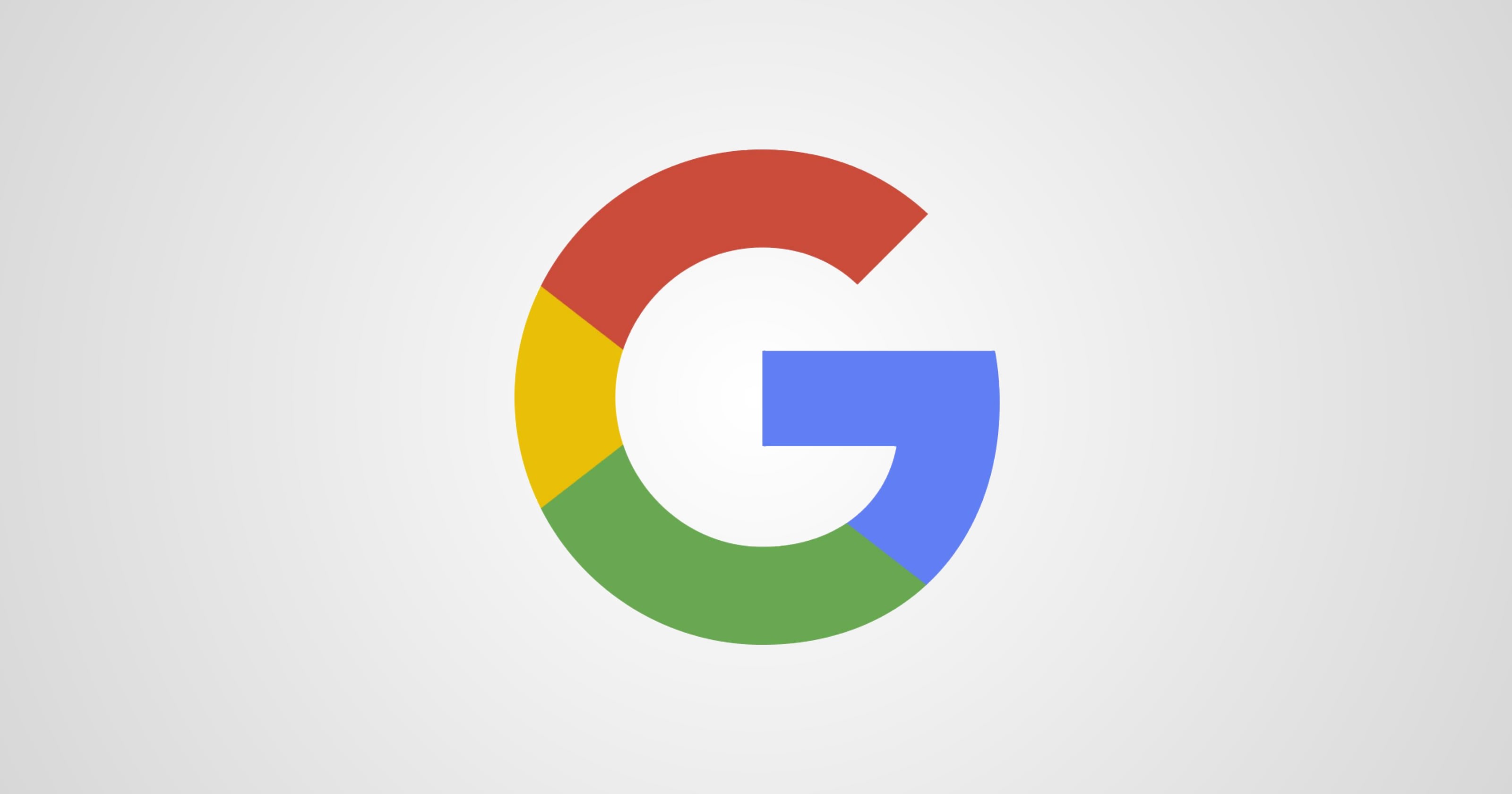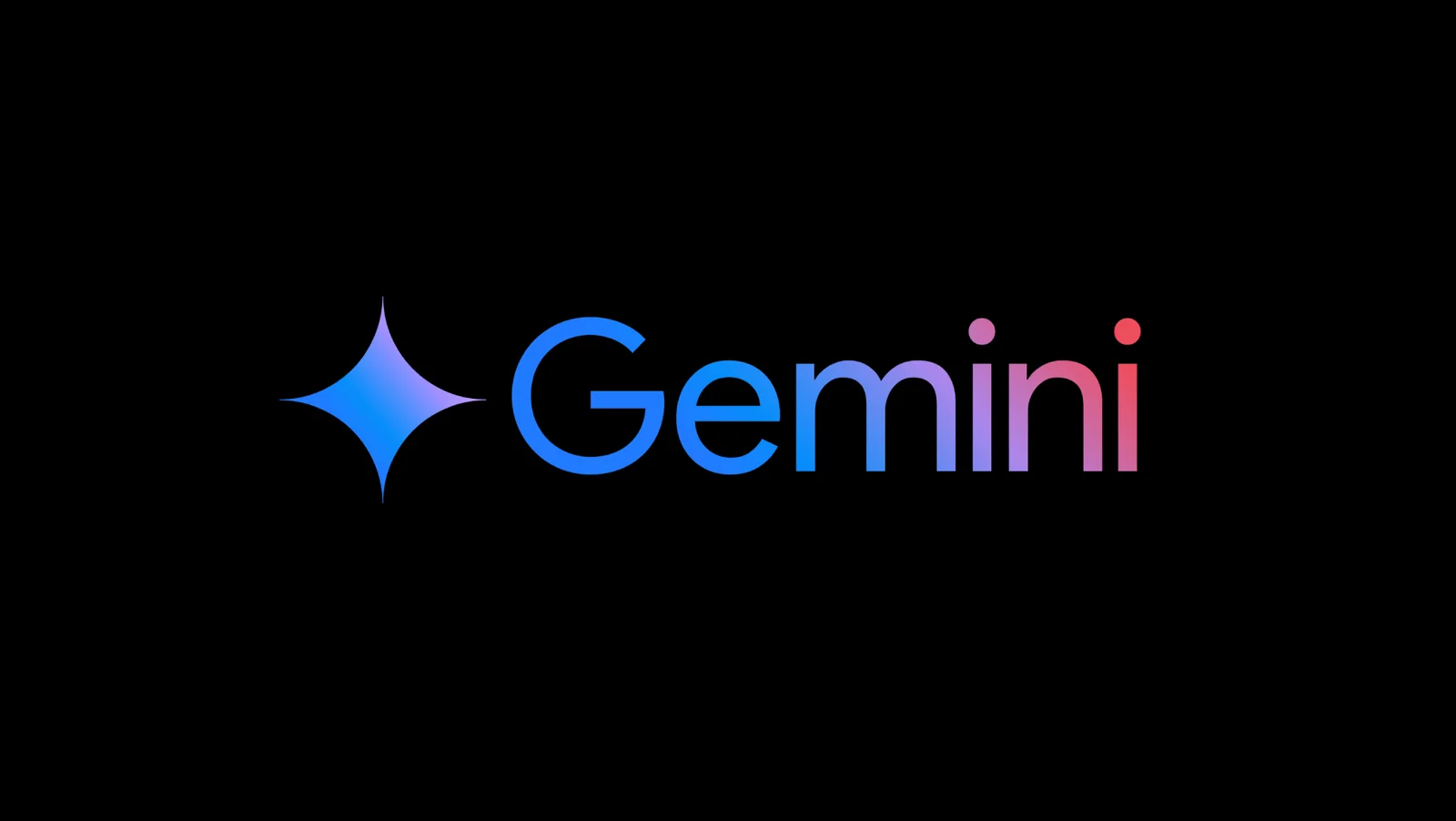Google is redefining education with AI designed to enhance learning, rather than replace teachers. The company has unveiled new tools grounded in learning science to support both educators and students, aiming to make learning more effective, efficient and engaging.
Through its Gemini platform, users can follow guided learning paths that encourage discovery rather than passive answers.
YouTube and Search now include conversational features that allow students to ask questions as they learn, while NotebookLM can transform personal materials into quizzes or immersive study aids.
Instructors can also utilise Google Classroom’s free AI tools for lesson planning and administrative support, thereby freeing up time for direct student engagement.
Google emphasises that its goal is to preserve the human essence of education while using AI to expand understanding. The company also addresses challenges linked to AI in learning, such as cheating, fairness, accuracy and critical thinking.
It is exploring assessment models that cannot be easily replicated by AI, including debates, projects, and oral examinations.
The firm pledges to develop its tools responsibly by collaborating with educators, parents and policymakers. By combining the art of teaching with the science of AI-driven learning, Google seeks to make education more personal, equitable and inspiring for all.
Would you like to learn more about AI, tech and digital diplomacy? If so, ask our Diplo chatbot!








